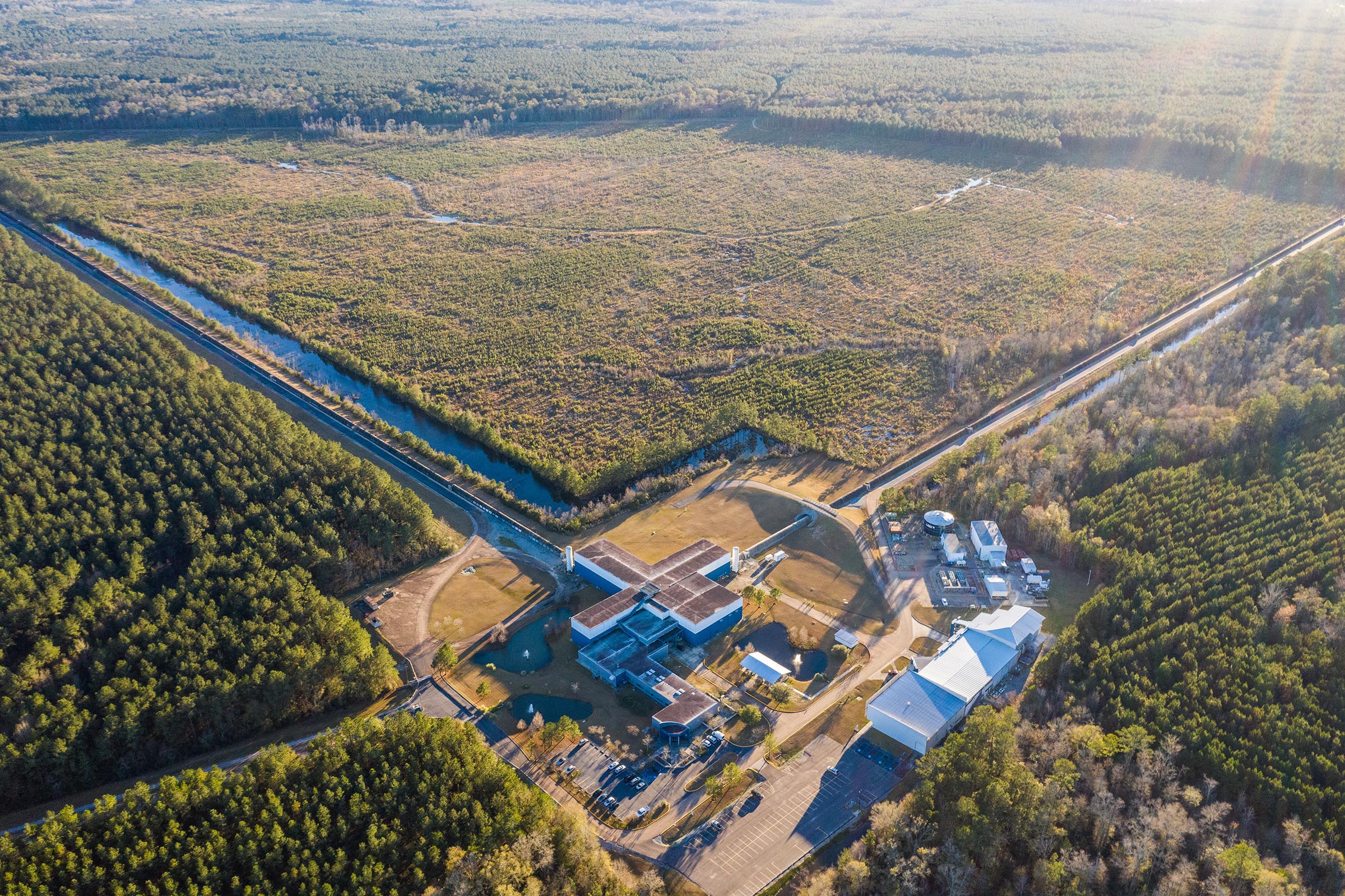It has been three years since the Laser Interferometer Gravitational-Wave Observatory (LIGO) shut down, starting a long hiatus from searching the universe for gravitational waves. Now, though, the LIGO gravitational wave detector is finally back up and running again and ready to search for ripples in spacetime.
Gravitational waves are the hallmark signs of colliding black holes, as well as the leftover effects from other cosmic cataclysms, Nature explains. LIGO, which was designed to detect these ripples of spacetime, is an important part of detecting and learning more about these cosmic forces. LIGO is comprised of two massive detectors, both of which are now operational and searching the cosmos.
The first LIGO detector can be found in Hanford, Washington, while the second is located in Livingston, Louisiana. Both are now restarting their observations of the universe with improved sensitivity thanks to a multimillion-dollar set of upgrades. The improvements to the facility should allow the detectors to pick up signals of colliding black holes every two to three days. Previously it could only detect collisions once a week or so.

The LIGO detectors in the states were meant to be joined by a third, the Virgo detector, which is located near Pisa, Italy. However, that detector wasn’t ready to go operational, though they are hoping to have it up and running by the fall. The goal of all of these gravitational wave detectors is to detect and uncover black-hole mergers in our universe.
Scientists want to learn more about these cosmic collisions because of the potential they have to change everything about the galaxies that they are contained within. Not only that, but some scientists believe that some black holes are kinks in the fabric of spacetime itself, and learning more about those kinks can only benefit our understanding of the universe’s very foundation.
Thanks to the upgrades that the LIGO and other detectors have received, they should be able to extract more important and detailed information about the spiraling objects producing gravitational waves in our universe. This includes information like how each one spins, as well as how they revolve around each other specifically. Perhaps these detectors will even help us see into black holes one day.








